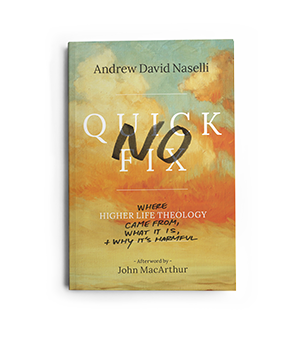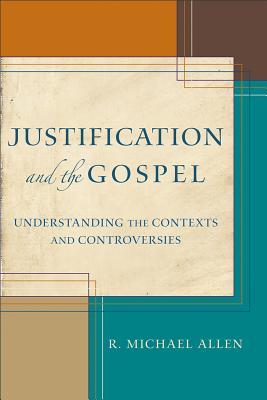Wolters, Albert M. “Nature and Grace in the Interpretation of Proverbs 31:10-31.” Calvin Theological Journal 19, no. 2 (November 1, 1984): 153-166.
In this article, Wolters looks at how different views of the relation between nature and grace have affected the interpretation of Proverbs 31:10-31.
He observes that those who oppose grace to nature tend to allegorize this passage. This was common from Origen through the Middle Ages. Even interpreters who focused on the literal sense, like Nicholas of Lyra, took the allegorical understanding to be the literal sense of this passage. Since Toy, many critical interpreters who assume that ancient Israel held a nature against grace view claim the poem was originally secular.
In the 18th-20th centuries, Catholic writers give a grace above nature interpretation of this passage. On this reading, much of the passage deals with merely natural virtues, but at the end of the poem these are transcended by true fear of God.
Luther exemplifies the grace alongside nature view. Wolters notes that Luther was influential in ending the allegorical interpretation of the passage. But Luther still distinguished grace and nature in this marginal comment to his translation of the passage: “That is to say, a woman can live with a man honourably and piously and can with a good conscience be a housewife, but she must also, in addition and next to this, fear God, have faith and pray.”
Regarding a grace restores nature viewpoint, Wolters says, “Applied to the Song of Proverbs 31, this paradigm fosters an interpretation which looks upon the fear of the Lord as integral to the poem as a whole. Religion is not restricted to verse 30, but pervades the whole… Here the woman’s household activities are seen, not as something opposed to, or even distinct from, her fear of the Lord, but rather as its external manifestation.”
Wolters holds to the fourth view, but he is willing to grant that the “Valiant Woman as the personification of Wisdom—not in an allegorical sense, but in the sense of an earthly embodiment of what it means to be wise.”


